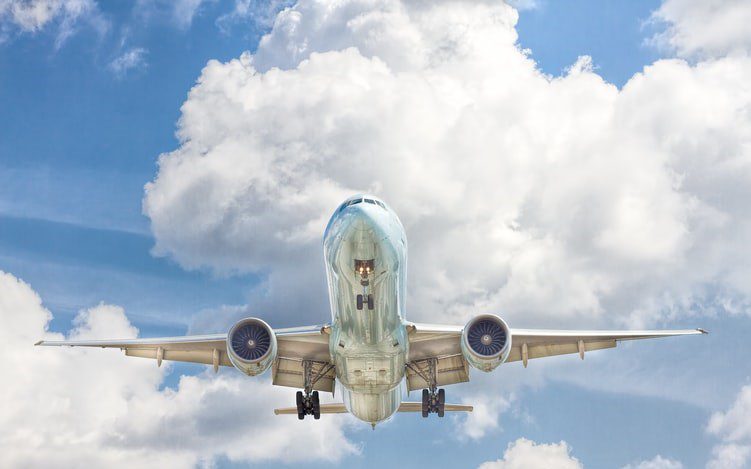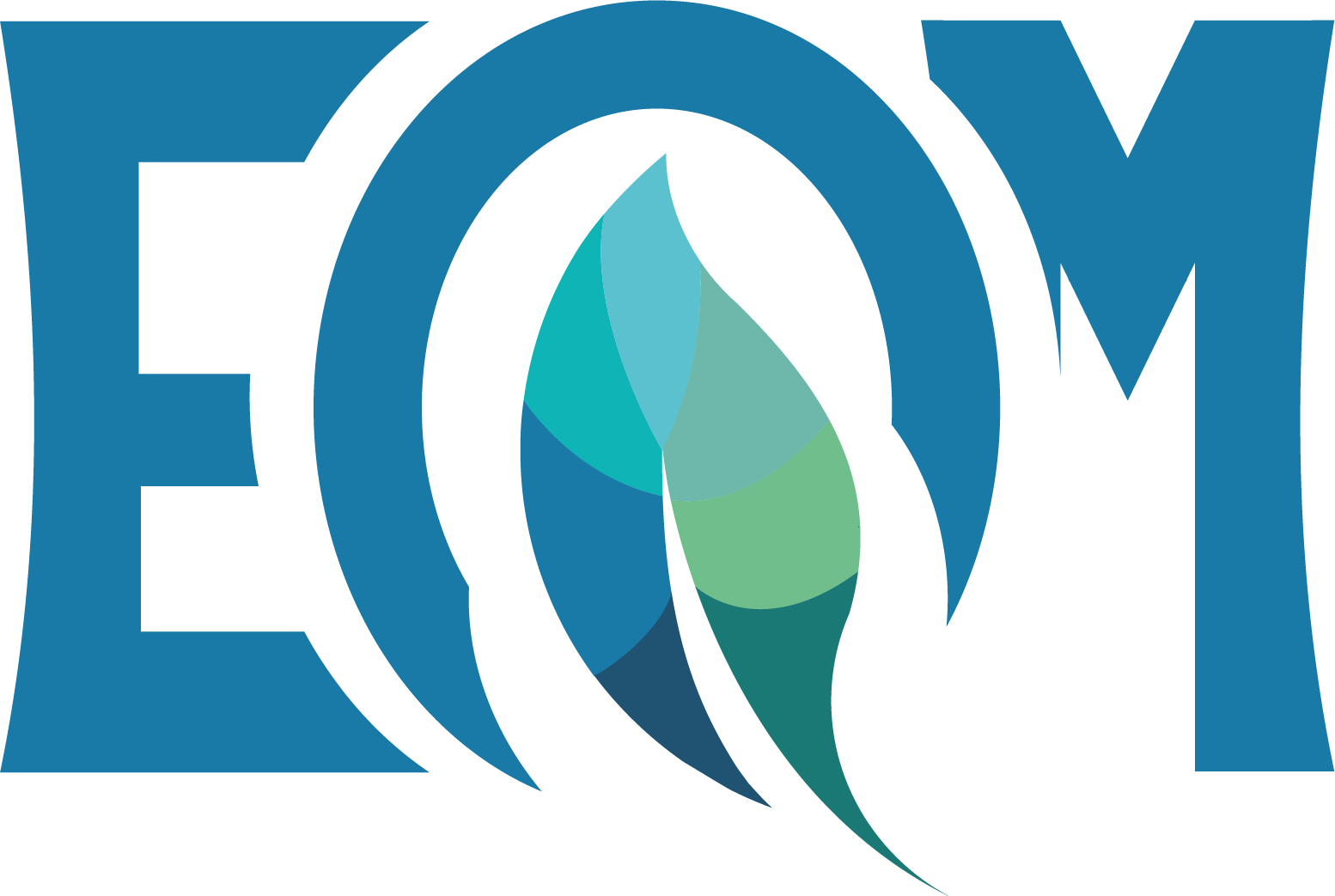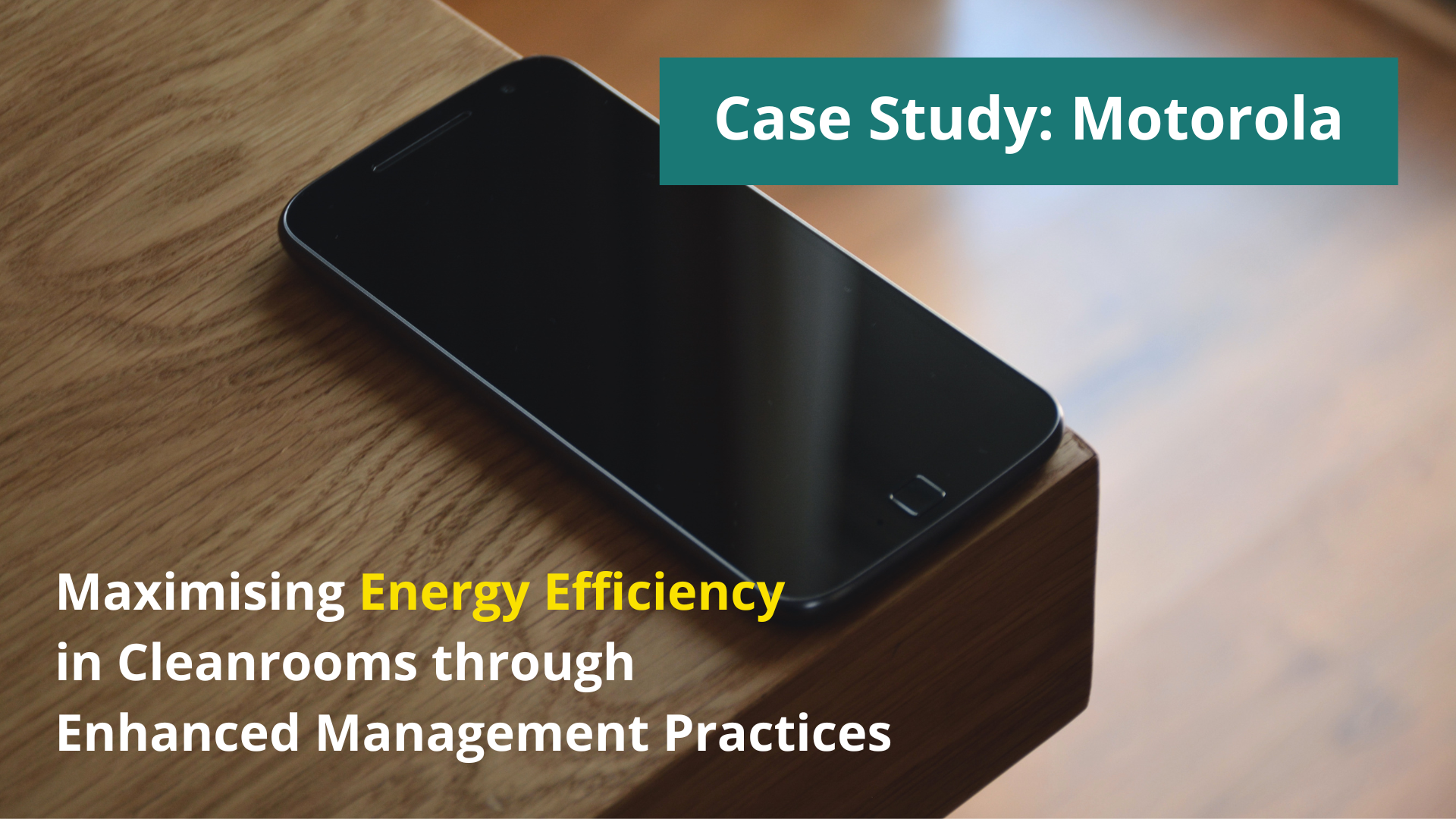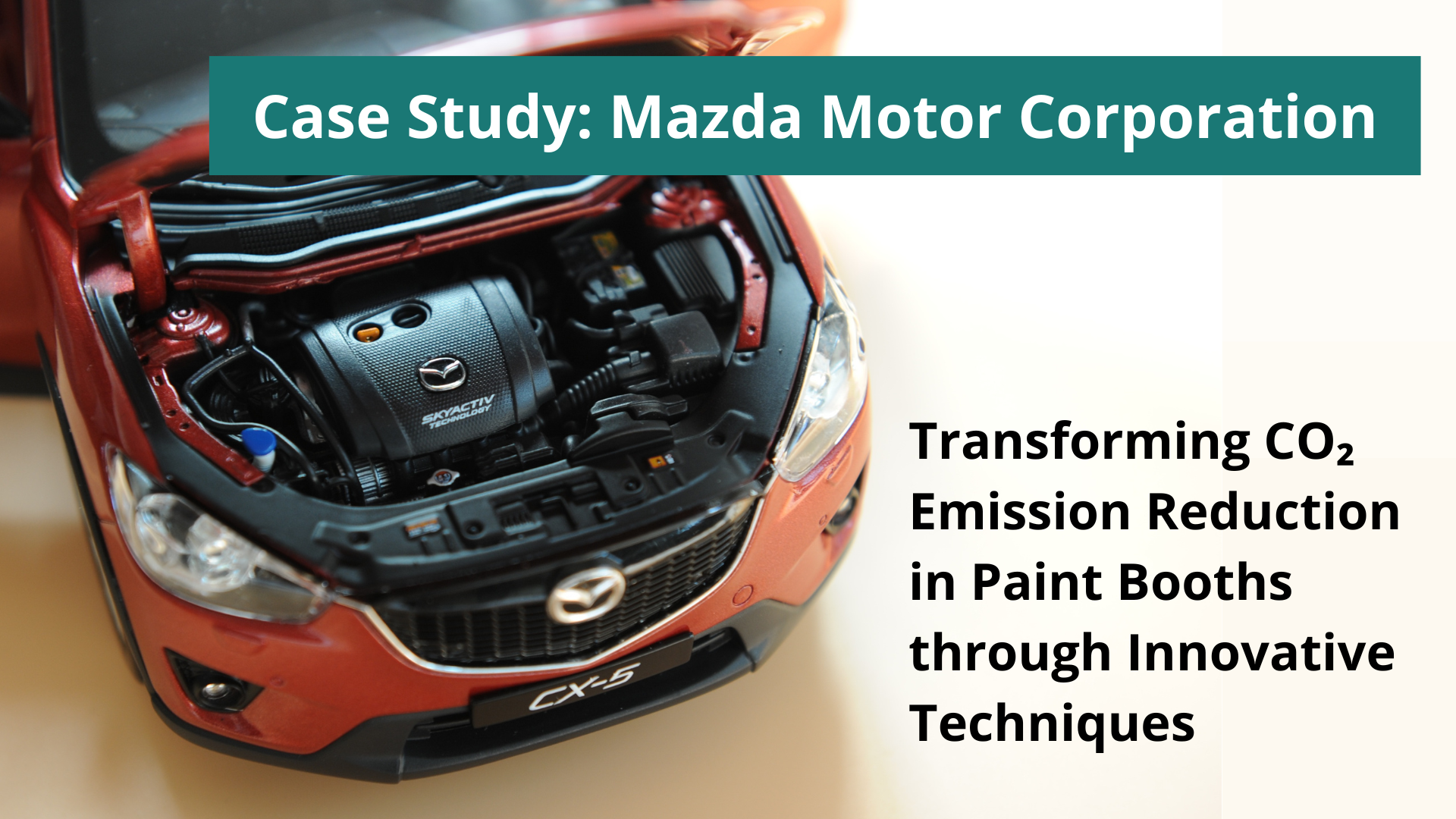
Part 21 subpart G of The European Union Aviation Safety Agency (EASA) regulates the approval that allows companies to produce the components, products, appliances or complete aeroplanes in compliance with the approved data.
EASA has recently published several user guides and checklists for applicants to use as a reference and get to know about the requirements and implementing rules associated with the approvals. There are also checklists that help companies holding EASA Production Organisation Approvals (POA) to self-evaluate and prepare for the assessment.
For an EASA Part 21G approval, here are answers to some common questions you may have.
What are the pre-requisites?
The EASA Part 21G Approval can be acquired from the regulator of state of operator, if the principal place of business for the production companies is within EU countries. Organisations with their principal place of business outside the EU are required to apply directly to EASA as a third country applicant. Following Brexit, there are some changes with the requirements applicable to companies within UK that you can look into.
For EASA Part 21G approval, the documents that you must submit in your application include your organisation’s completed internal audit report, Civil Aviation Authority’s (CAA) Regulation Compliance checklist, the Production Organizations Approval (POA) checklist, a Principle Place of Business form, your company’s Certificate of Incorporation (if applicable) and a capability list.
An EASA Part 21G compliant organisation would also be required to submit a Production Organisation Exposition (POE) and most importantly implement the Quality System. Don’t forget to pay the fee too.
What is the Production Organisation Exposition (POE)?
The Production Organisation Exposition (POE) is a document consisting of details regarding the structure of the production company, the manpower resources, the general scope of work relevant to the approval, the supplier list, the quality system and will also include a reference to the procedures within the POE.
What constitutes the requirements for the Quality System?
Quality System (QS) requirements for EASA Part 21G are described in chapter 21.A.139 of the Regulation. Those requirements are not one-to-one identical to the general Quality Management System (QMS) requirements according to ISO 9001, nor AS 9100 describing specific QMS requirements for the aerospace industry.
The difference lies in particular in the scope. ISO 9001 and AS 9100 widely describe requirements for the whole value chain, starting from the review of customers’ expectations and needs, through design and development activities, supply chain and logistics management, manufacturing activities, delivery up to post-delivery services and customer satisfaction as a final outcome.
EASA Part 21 subpart G covers only area related to product realisation and delivery. Other areas are described in other subparts or even other regulations (e.g. EASA Part 21 subpart J describes requirements for the design organisation approval, or EASA Part 145 for the maintenance organization approval). It does not mean though, that there are no links between production and design. The cooperation is assured by the relevant agreements between production organisation and design organisation (so called POA-DOA arrangements).
Besides the above, EASA Part 21G focuses mainly on operational side of product realisation, whereas ISO 9001 and AS 9100 additionally cover a lot of business management aspects such as context of the organisation, stakeholders’ management or communication.
Reading the above one may think that EASA Part 21G has narrower scope and ISO 9001 and AS 9100 has a wider scope. It’s true, but does this mean that if your organisation is ISO or AS certified it will automatically be compliant to EASA Part 21G? No, unfortunately it’s not the case.
In some areas of the product realisation, EASA Part 21G puts higher requirements than ISO 9001 or AS 9100. In particular, significant focus is put on supply chain management and the conformity of supplied parts or appliances, including suppliers auditing, evaluation of capability, first article inspection, incoming inspections or vendor rating system. But don’t worry! The activities related to the assessment and surveillance of suppliers and sub-contractors such as audit and control may be outsourced to a third party.
Implementation of a compliant Quality System and getting all the required documentation right for an EASA Part 21G approval can be a long, tedious process. EQM Consult helps achieve compliance with EASA Part 21G,conducts dedicated trainings for Certifying Staff on Authorised Release Certificates such as Form 1, and helps with internal audits prior the regulatory approval activities. We are also competent to conduct suppliers assessment and surveillance activities. Hire an expert consultant to help you improve your aerospace compliance today. Fill our contact form and we will get back to you soon.

Ph.D. Beata Paliwoda
Founder and Owner of EQM. Environmental and quality consultant and auditor. Professional career built in Quality Assurance departments in various companies from the automotive, aerospace, railway industries, as well as a management systems consultant. Successfully completed many complex projects related to the implementation of management systems, process improvements and business transformation. Auditor of ISO 9001, ISO 14001, AS 9100, project manager of APM, lecturer at the Poznan University of Business and Economics, researcher on the effectiveness of EMS and QMS in organisations.





